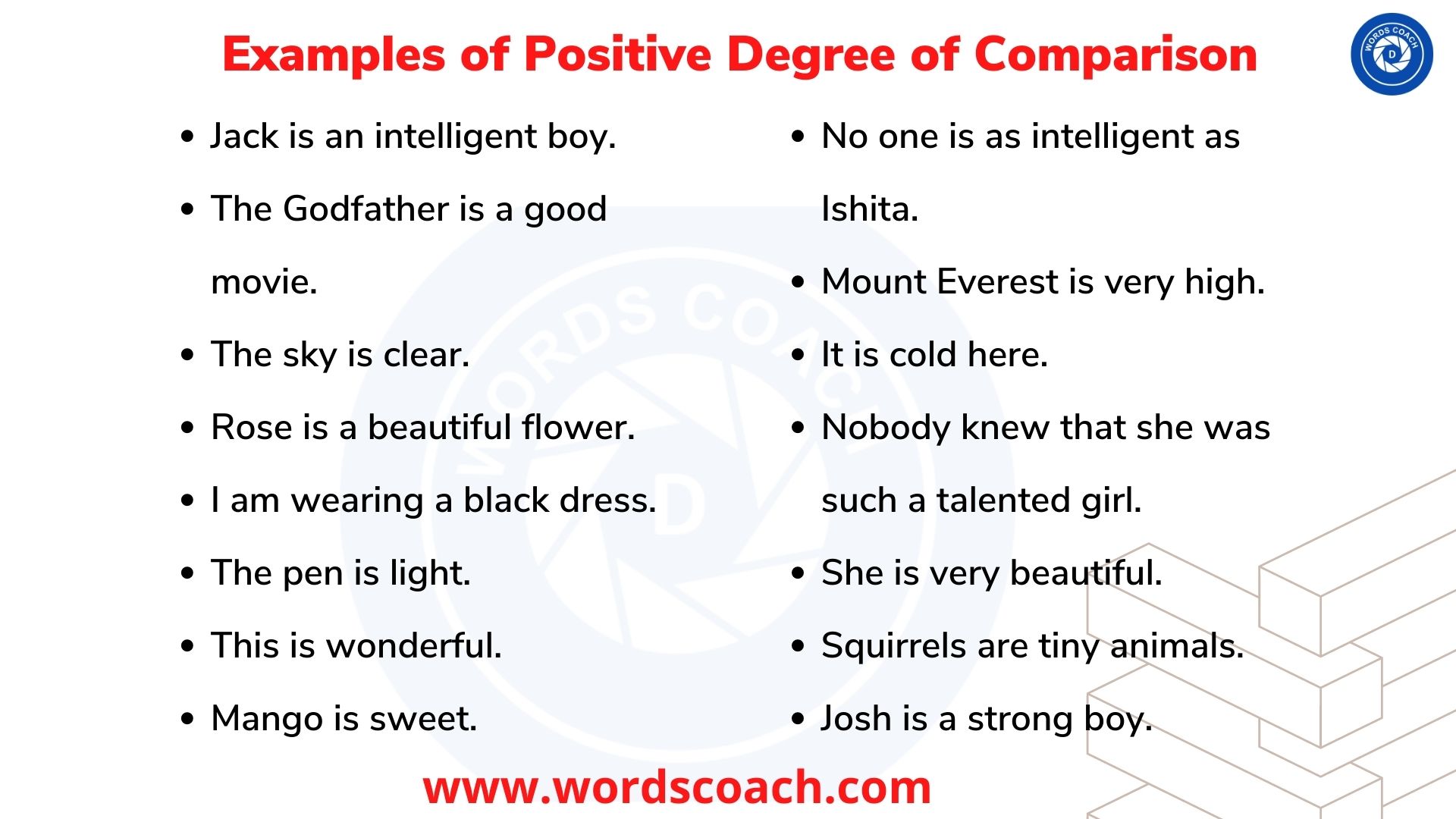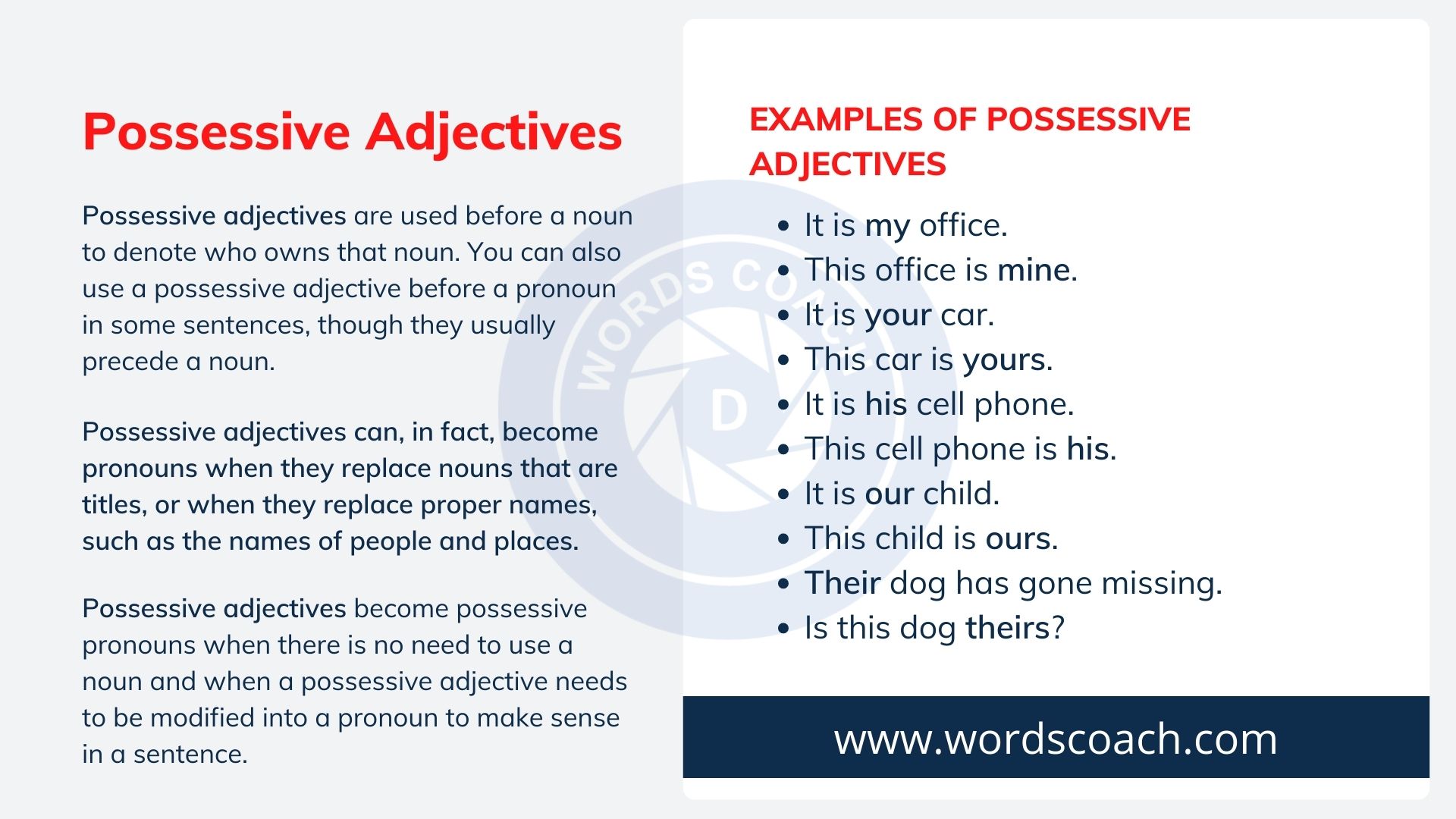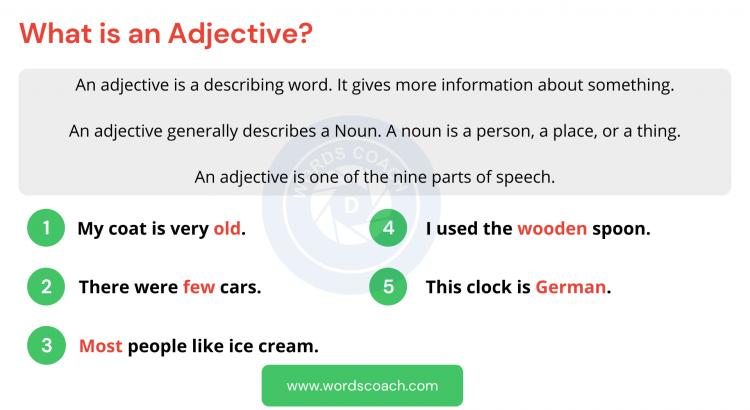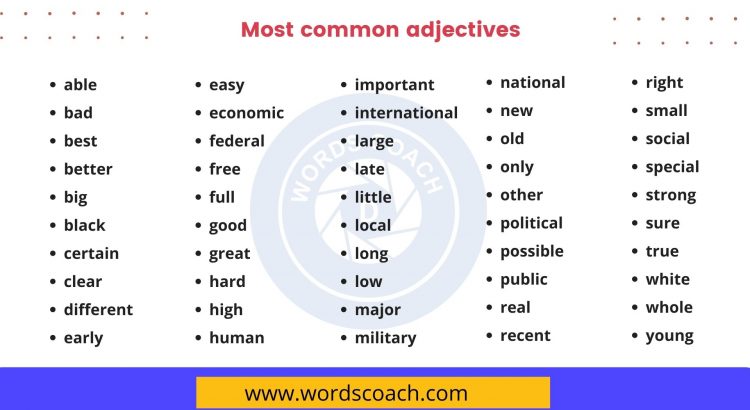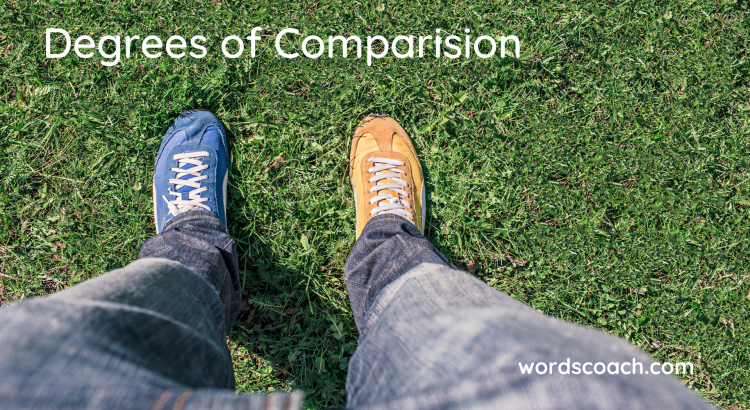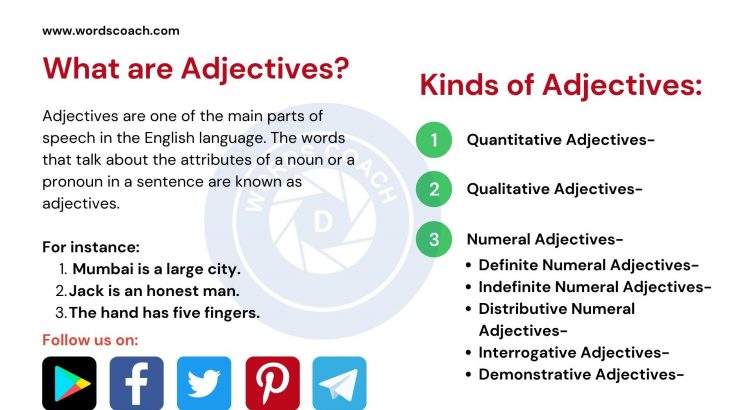Examples Degrees Of Comparison:
Degrees of Comparison are used when we compare a person or thing with another. Degrees of Comparison are applicable only to Adverbs and Adjectives.
Degrees of Comparison add variations to the sentences. A most familiar example of degrees i.e. good < better < best. The degree is increasing from good to best. 200+ Examples Degrees Of Comparison List

